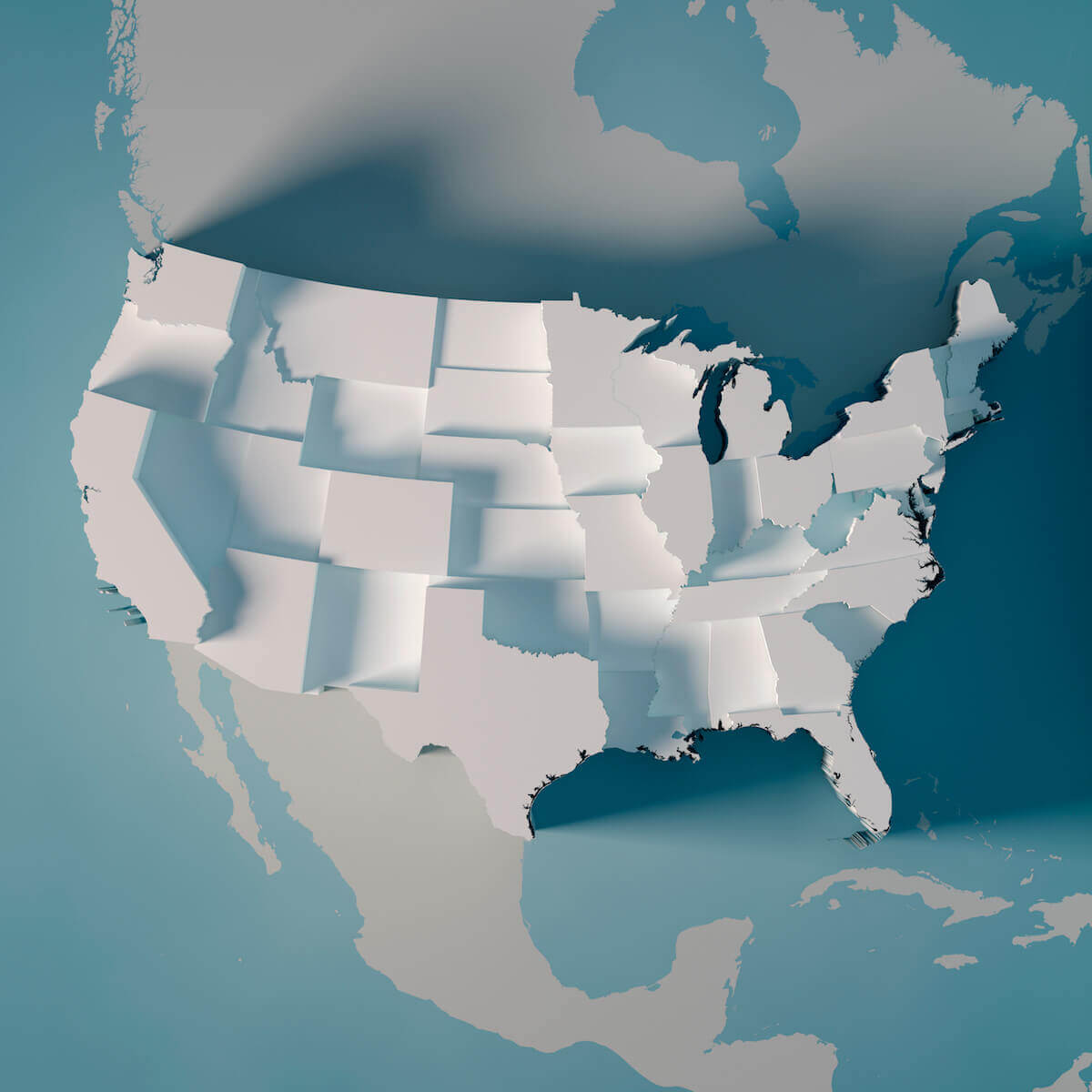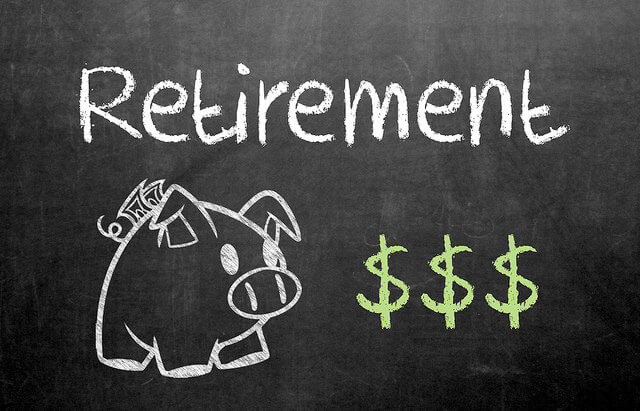Plan Administration
At the most basic level, self-directed IRA and Solo 401(k) plans are no different than any other comparable retirement plan. All plan components such as contribution limits, distribution processes, designation of beneficiaries are the same.
When you operate a self-directed retirement plan, you may have a more hands-on view of some of these plan events.
In this series of articles, we cover some of the basic concepts surrounding plan administrative actions and how they apply to your self-directed plan.
There is a certain geographic footprint that comes with a Checkbook IRA LLC program. The IRA-owned LLC entity is formed in a specific state, after all. If you move after setting up this type of program, you may need to…
A common question for someone considering the formation of a Checkbook IRA LLC is: “What is the best state to form the LLC in?” It’s a good question, and one that merits some consideration before putting a plan in place…
At Safeguard, we often hear the question, “Can my IRA purchase a property today that I can then use personally in the future?” Yes, this can be done. But does it make sense? Below we take a deeper look at…
NOTE: Passage of the SECURE Act in 2019 renders this strategy obsolete. With the new law, one can establish a Solo 401(k) up until the date of the tax-filing deadline of the sponsoring employer, including extensions. This plan can then…
A self-directed IRA is unique in having a different transaction model, and opening up the possibility to invest in to a diverse range of assets such as real estate, private placements, and more. When it comes to the basic concepts…
If you qualify as a self-employed entrepreneur and your business has no full-time employees, the Solo 401(k) is a fantastic self-directed retirement plan option. A Solo 401(k) isn’t really a distinct type of retirement plan. It’s a specific implementation of a…
Periodically checking up on your Solo 401(k) plan will help ensure that everything is in order. The 5 following items are designed to keep you on track and organized with your retirement plan on an annual basis. Business / Plan…
If you are over age 72, or have an inherited IRA, you may be required to withdrawal some of your IRA or Solo 401(k) account each year. This concept is referred to as Required Minimum Distributions (RMDs). Failing to take…
Ideally, you want to let your tax-sheltered retirement savings grow as long as possible before you start depleting it. Once you reach your 70s, however, the IRS requires you to begin taking withdrawals whether you need the money or not.…
For both traditional and self-directed IRAs, a will cannot determine beneficiaries. That’s because each IRA includes a beneficiary designation, set by a form you fill out upon opening the account. This designation supersedes any information in a will. Considering this…







![Solo 401(k) Checkup [CHECKLIST]](https://ira123.com/wp-content/uploads/2017/11/calculator-calculation-insurance-finance-53621.jpeg)


